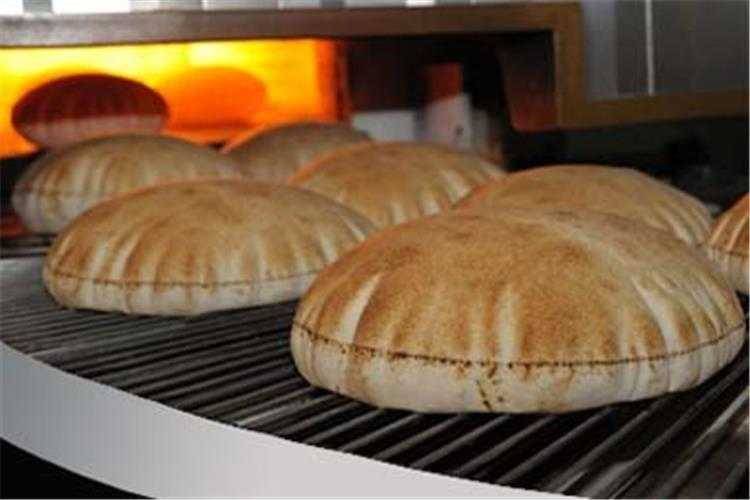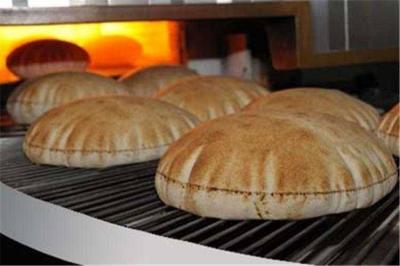The central issue of living crises, including the bread crisis, has taken a more complex turn as bread shortages or interruptions have surfaced across various regions due to a lack of flour. Minister of Economy in the caretaker government, Amin Salam, has stated that the flour and wheat issue has become politicized.
Ali Ibrahim, Vice President of the Union of Bakery and Oven Syndicates, held a press conference yesterday where he raised an urgent alarm about the state of the bread industry and the difficulties bakery owners face, particularly in securing flour to produce bread. It was emphasized that bakeries are not responsible for any crisis, squarely placing the accountability on the relevant ministry.
He pointed out that "accusing bakeries of creating a crisis is unacceptable, as the bakeries are the ones who raise their voices to secure flour amidst the dire reality faced by the milling sector. Furthermore, the permits to supply bakeries with their flour quotas are issued by the Ministry of Economy and Trade to the mills. If more than five mills are halted, including Taj, Baqalyan, Bekaa, Doura, and the Middle East, how are we expected to cover the shortfall from these mills? This is where the crisis begins; where is the strategic reserve of wheat? The responsibility lies with you. You unjustly accuse bakeries, while distributing flour without increasing quotas during this period. You are responsible for this file, and we have requested a flour delivery schedule as it is essential for the union to know each bakery's share. We have not been provided with the schedule due to selective practices. A responsible party does not issue unfounded accusations, and we do not cover any bakery in violation."
Are there any updates on the bread situation? What is its fate? Antoine Saif, Head of the Bakery Owners Association in Mount Lebanon, confirms to "Al-Markazia" that "there is indeed a shortage; some mills are inactive due to a lack of available wheat, while others have quantities but are undergoing laboratory tests. However, there are no staff in the labs, which significantly delays the results and the start of milling. Additionally, some mills have not received payment from the Central Bank for the wheat available to them. The situation requires an organized distribution of imported wheat to all mills to meet market demand, as five mills cannot replace five that are inactive."
He reveals that "the Ministry of Economy is seeking an exit from the crisis, and today, Georges Barbari, General Director of Grains and Sugar Beets at the Ministry of Economy, met with mill owners to establish a new mechanism to meet the country's needs for wheat, milling, and delivery as much as possible. Bakery and oven owners, along with the minister, want to reach a solution and are attempting to secure wheat until obtaining a loan from the World Bank, which could take between a month and a month and a half or two months."
Saif clarifies that "there is no issue with Minister Salam; he states that some bakeries monopolize or sell flour, and our only reservation is against generalizing accusations towards all bakeries. Instead, inspections could be carried out to record violations against those in breach and refer them to public prosecution, and we support legal measures being taken."
He continues: "It is also said that flour is available in the country; however, with around five mills closed, in our view, this situation creates a crisis, and it is impossible to supply all bakeries with flour. Thus, the most appropriate solution is to have a mechanism in place so that various mills can operate, enabling all bakeries to produce."




